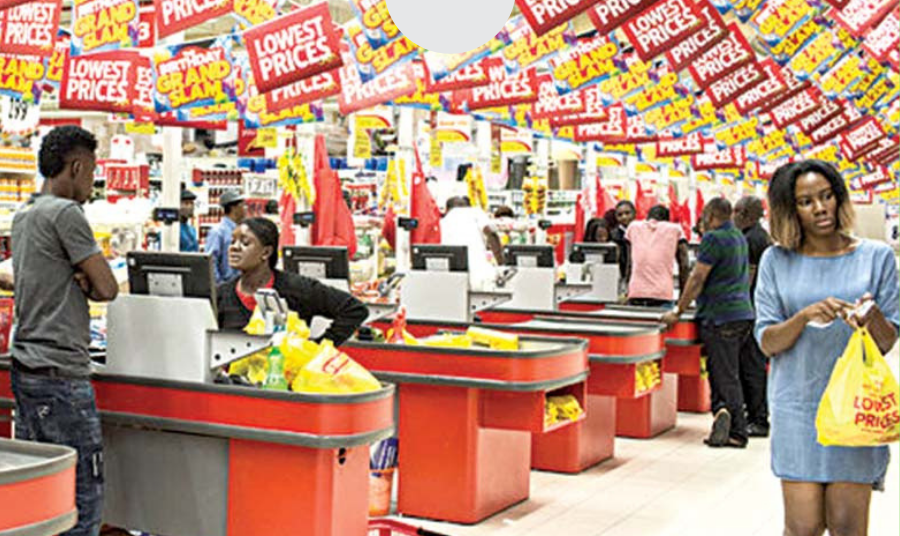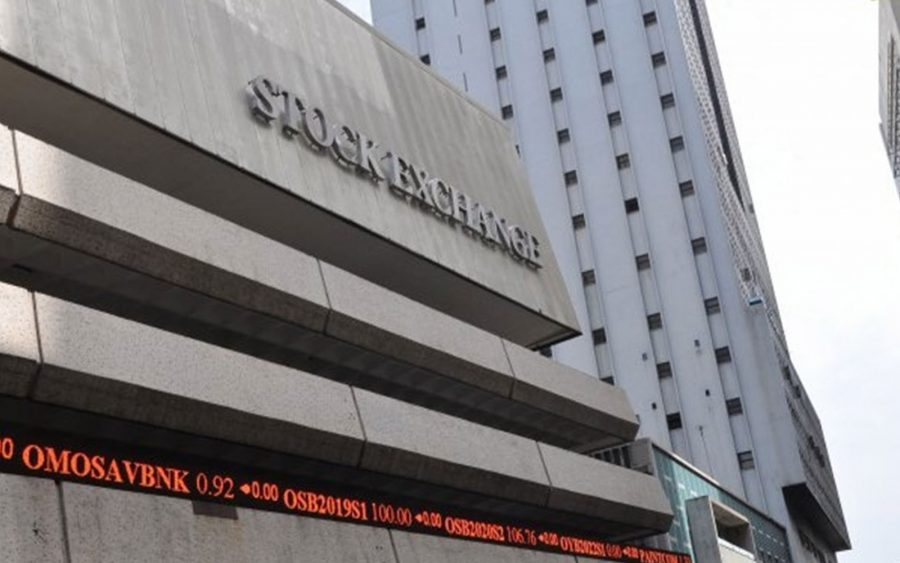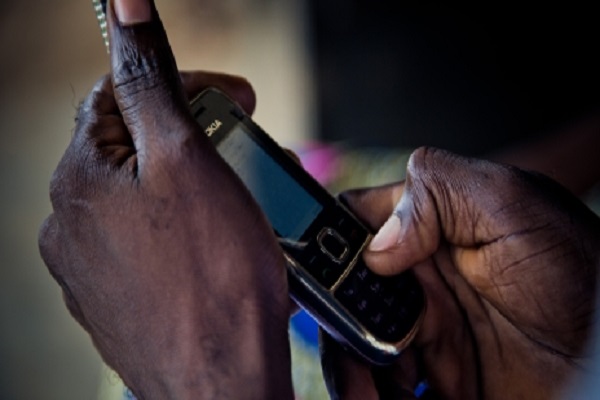The Central Bank Just concluded its Monetary Policy Meeting where it announced that was going to devalue the Naira from the current N155 to N168 representing a 7.7% devaluation and by far one of the most drastic decision ever taken by a fresh CBN Governor. Here is the full decision taking by the MPC and how they voted
How they voted
a) Nine members voted to increase the MPR to 13 per cent while
two members voted to retain the MPR at 12 per cent
b) Ten members voted for a symmetric corridor of +/- 200 basis
points around the MPR, while one member voted for an
asymmetric corridor of +200 and -500 basis points around the
MPR
c) All the 11 members voted to increase CRR on Private Sector
deposits from 15 to 20 per cent with immediate effect
d) All the 11 members voted to retain CRR on Public Sector
deposits at 75 per cent
e) All the 11 members voted to move the midpoint of the official
window of the foreign exchange market from N155/US$ to
N168/US$
f) All the 11 members voted to widen the band around the
midpoint of the exchange rate from +/-3 per cent to +/-5 per
cent.
g) All the 11 members voted to retain the net open foreign
exchange trading position at 1 per cent.
Decisions taken
1. Increase the MPR by 100 basis points from 12.00 to 13.00 per
cent
2. Increase the CRR on private sector deposits by 500 basis points
from 15.00 to 20.00 per cent with immediate effect
3. Move the midpoint of the official window of the foreign
exchange market from N155/US$ to N168/US$
4. Widen the band around the midpoint by 200 basis points from
+/-3 per cent to +/-5 per cent.
5. Retain public sector CRR at its current level of 75.00 per cent
6. Maintain a symmetric corridor of +/- 200 basis points around the
MPR
7. Retain the net open foreign exchange trading position at 1.00
per cent.
What does this mean in lay man terms
1. The Nigerian exchange rate has been officially devalued meaning the price at which we exchange naira for the dollar will now be above N170. The days of N160-167 appears to be over.
2. Despite this tightening, black market rate might continue to rise if the demand for the dollar increases. A dollar exchange rate of N190 to N200 is not impossible
3. The increase in private sector CRR essentially restricts the amount of private sector deposits banks can use for lending. This amount has now been reduced by a further 5%. This basically tightens the amount of cash in the economy and is a way for the CBN to reduce the flow of cash around the economy. They believe the less cash out there the higher their chances of controlling the exchange rate.
4. MPR increased to 13% from 12% means the CBN has increased their lending rate to banks which in effect could lead to a 1% increase in prime lending rate by commercial banks to the public. MPR has been 12% since 2011 and this is the first time it has been increased despite inflation being at 8.1%.







![[The Nigerian Economy Daily] FG has approved the closure of five foreign missions and embassies](https://nairametrics.com/wp-content/uploads/2017/05/nigerian-economy-today-1.jpg)












what is the effect of the devaluation and CRR hike on the Nigeria stock exchange?